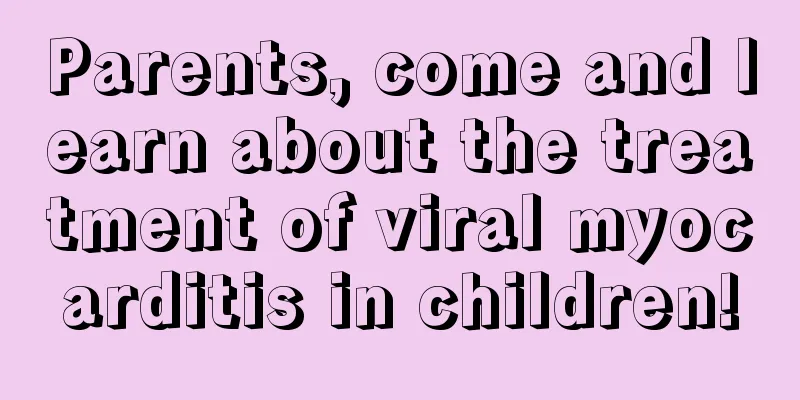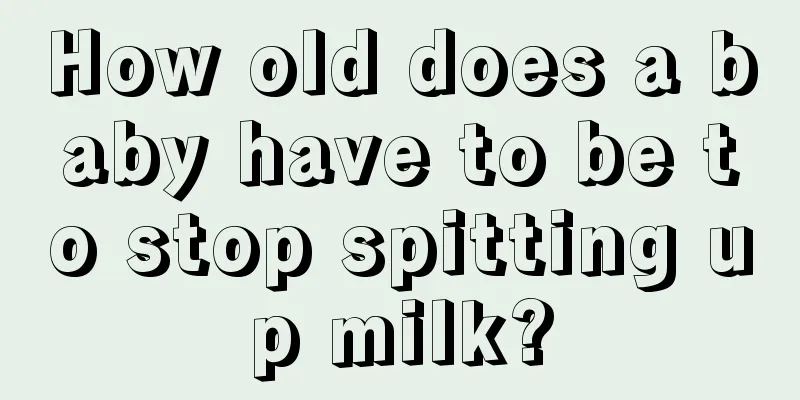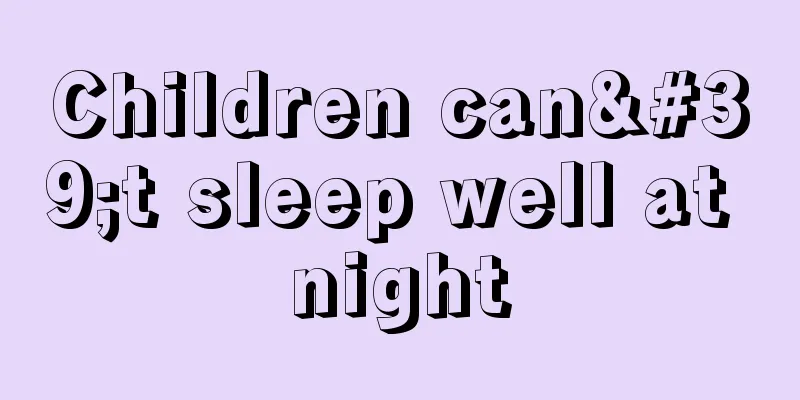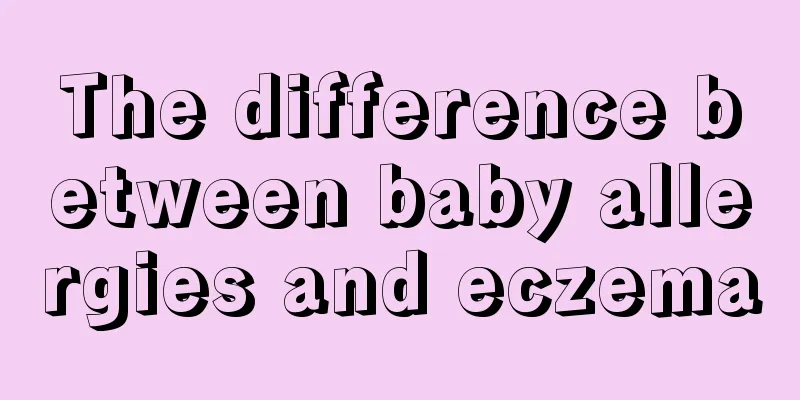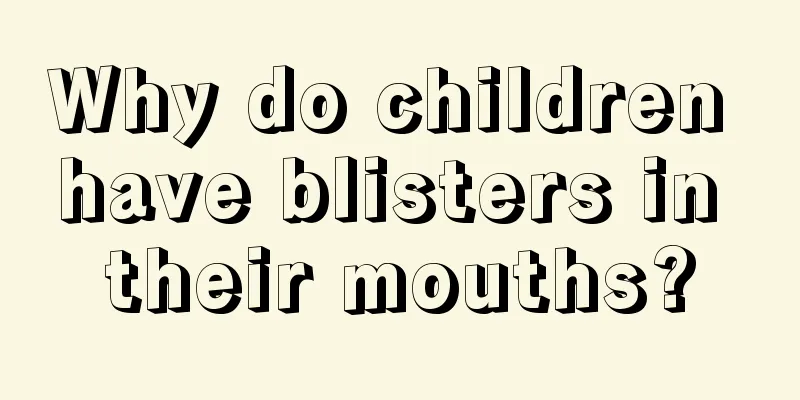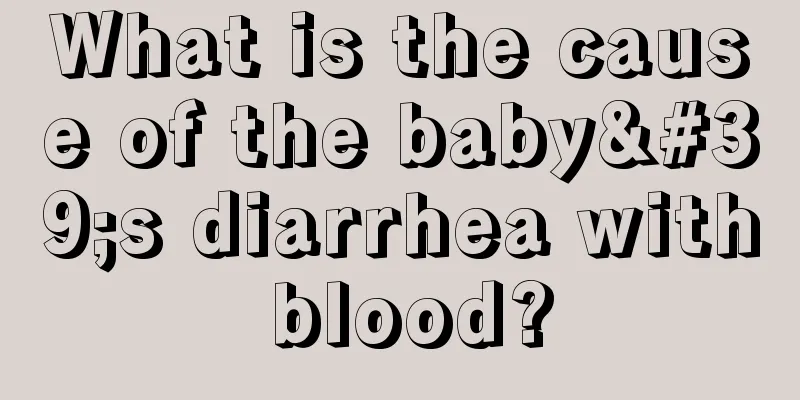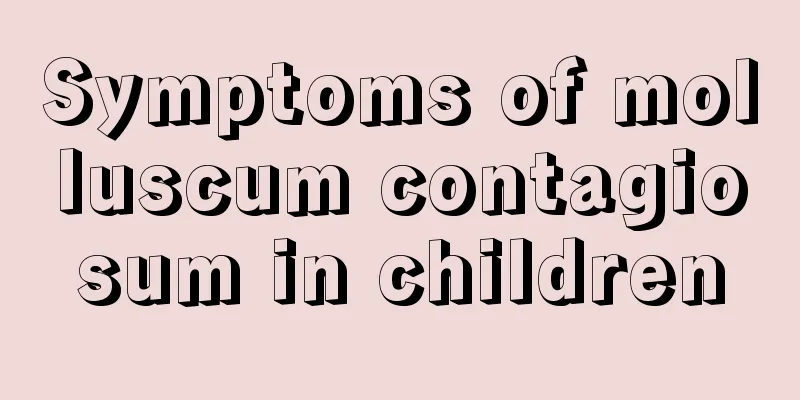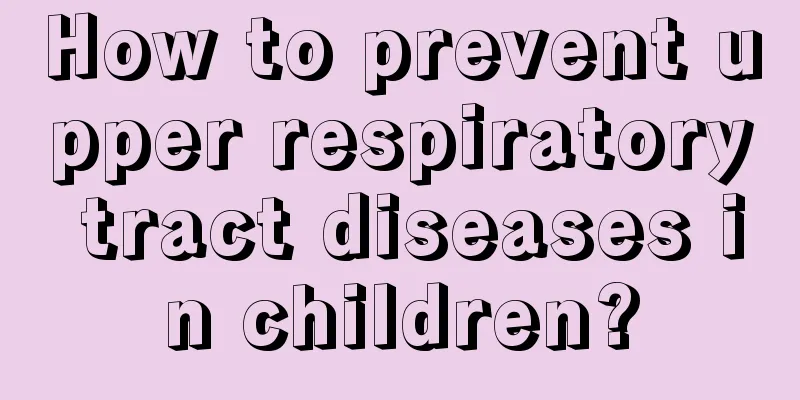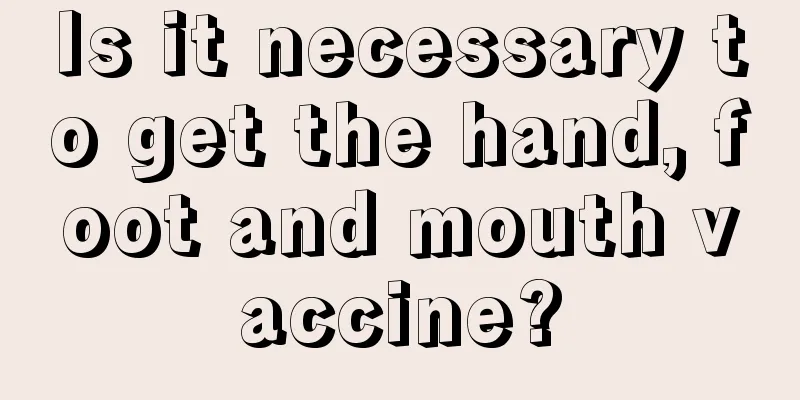What should children pay attention to when pulling teeth
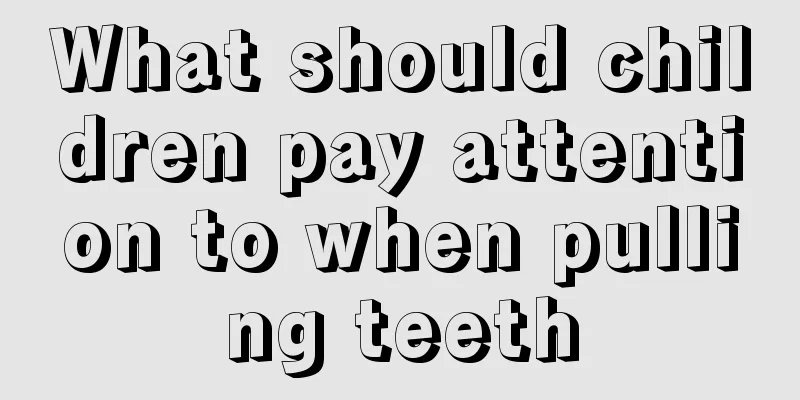
|
When extracting teeth in children, we must first take care of the child's mood. Local anesthesia is used for tooth extraction. The use of anesthetics in clinical practice is now very mature. Children should keep their emotions stable when having a tooth extracted. Do not let them eat or drink water after the tooth is extracted. Wait a few hours to see how much bleeding there is. If there is not much bleeding, you can give them water to drink, and the food they eat should mainly be liquid food.
Due to the growth of permanent teeth, the roots of these deciduous teeth have been partially or mostly absorbed, and the teeth are generally loose. When extracting this type of deciduous teeth, there is no need to inject anesthetics. You only need to apply some surface anesthetics or cryosurgery on the surface of the mucosa to remove them. However, when extracting some very strong "double-row" deciduous teeth and rotten tooth roots that cannot fall out, local anesthesia is generally required. Many parents are worried about whether children this young can be given anesthesia? Will it have an impact on the brain? If a tooth is extracted "abruptly" without local anesthesia, it will be very painful, have a negative impact on the baby's psychology, and even cause "dental phobia." However, if it is determined that the baby has an allergic constitution and is allergic to anesthetics, be sure to inform the doctor before tooth extraction.
Before treatment, please inform your doctor of any history of allergies to anesthesia and other drugs, and any history of systemic diseases such as asthma, epilepsy, heart disease, etc. Extremely rare allergic reactions to anesthesia cannot be avoided, and children may experience an allergic reaction with local edema after anesthesia. Avoid having your teeth pulled on an empty stomach, when you are too tired or after a full meal Precautions after tooth extraction in children Do not irritate the wound Irritation of the wound after tooth extraction in children may cause pain, bleeding, and infection. Be sure to eat with the side opposite the wound within 24 hours after tooth extraction to avoid sharp objects entering your mouth.
Spitting or sucking can cause bleeding and dislodge blood clots, leading to a "dry socket". swelling Within twelve hours after a child has had a tooth extracted, parents can use an ice pack or cold towel to apply cold compresses to the face opposite the tooth extraction site. The effect is performed every twenty minutes. Cold compresses are especially important for patients who have had a tooth extracted surgically. gargle Children should avoid rinsing their mouths within 24 hours after a tooth is extracted. This allows blood to clot, which is essential for wound healing. Interference with blood clot formation will cause bleeding, while the lack of blood clot formation may result in a "dry socket", which will be very painful. |
<<: What to do if you hit your head and get a blister
Recommend
Anti-inflammatory drugs for children's pneumonia?
Pneumonia is a very common disease in children. W...
The child has a whistling sound in his throat
The hissing sound in the baby's throat is usu...
How to make spleen-strengthening and stomach-nourishing porridge for young children?
After a long and hot summer, some mothers are not...
Prevention, control and treatment of myopia among students
The incidence of myopia among students is getting...
The child's body is always shaking when sleeping
When children are sleeping, no matter what abnorm...
What to do when blisters appear on children's feet
I believe everyone is familiar with the symptom o...
Newborn baby crying all day and not sleeping
In our lives, many newborns often cry after they ...
The best scar removal medicine for children
The best medicine for scar removal for children. ...
Can a one-year-old baby eat pomegranate?
Pomegranate is very nutritious, containing rich v...
What is the cause of white discharge from the urethra of a child?
When parents find white secretions in their child...
How to deal with low fever in children
If your baby often has a fever when he is young, ...
What are the symptoms of hypoglycemia in children?
Hypoglycemia in children may be caused by an over...
Treatment of myocarditis in children
Children are in a period of rapid growth and thei...
Children's cough folk remedies detailed introduction
Coughing is a common phenomenon among children, e...
Why does the tooth hurt when there is no cavity
Nowadays, many children begin to have black teeth...
